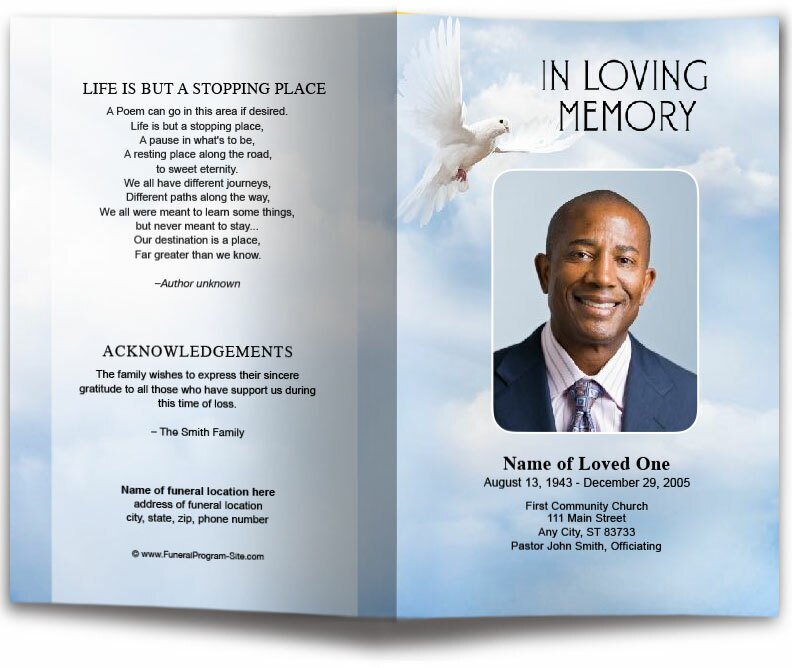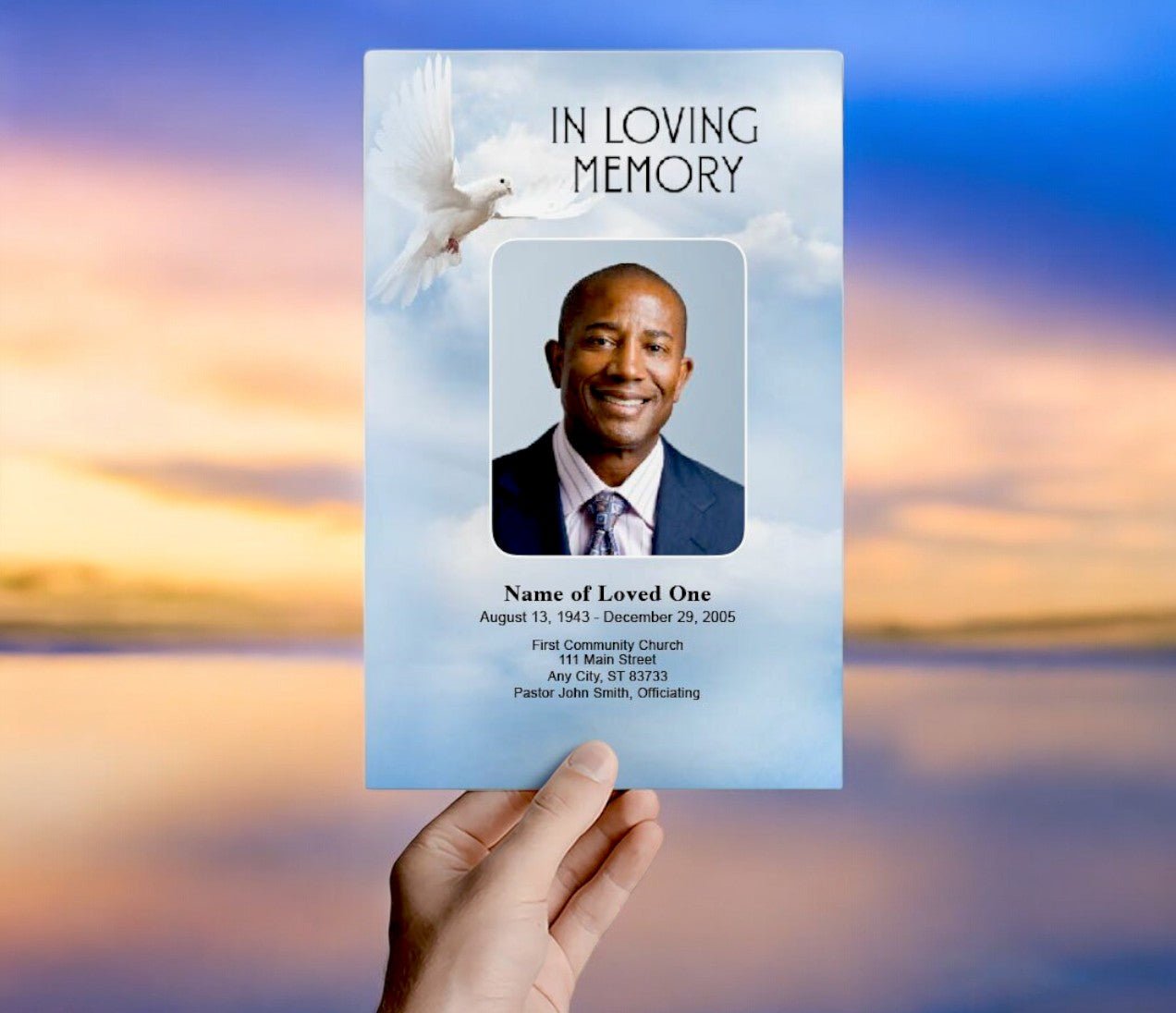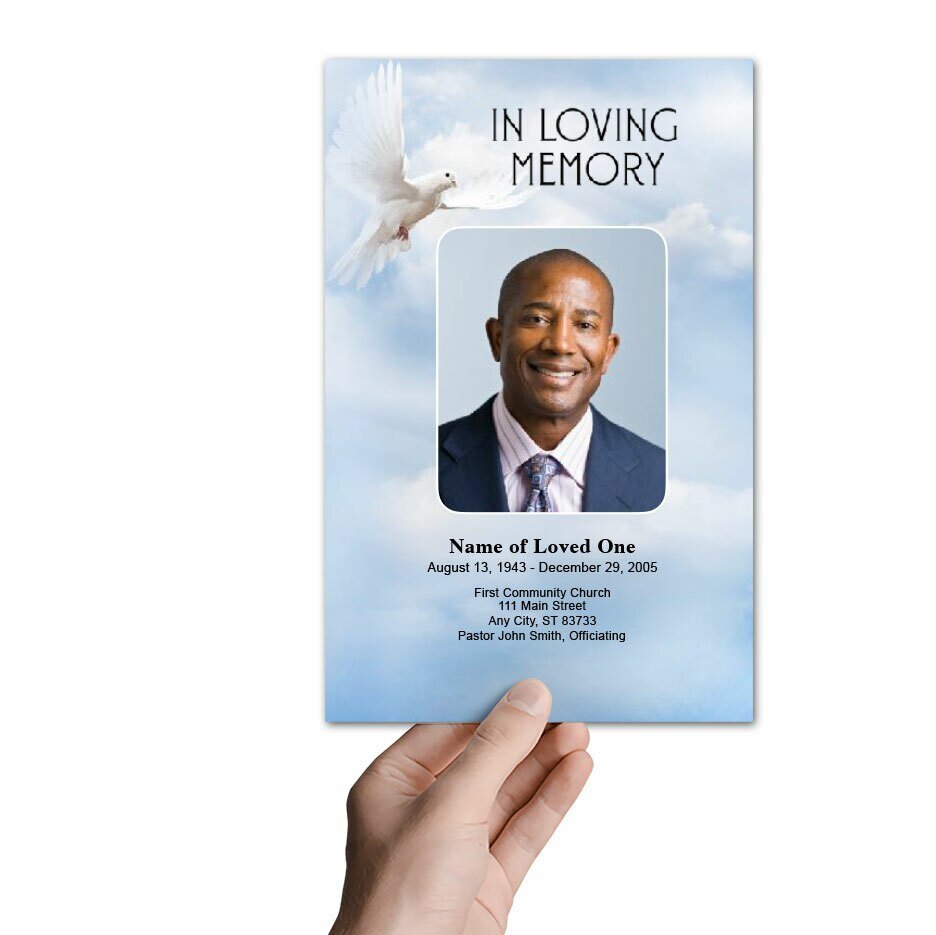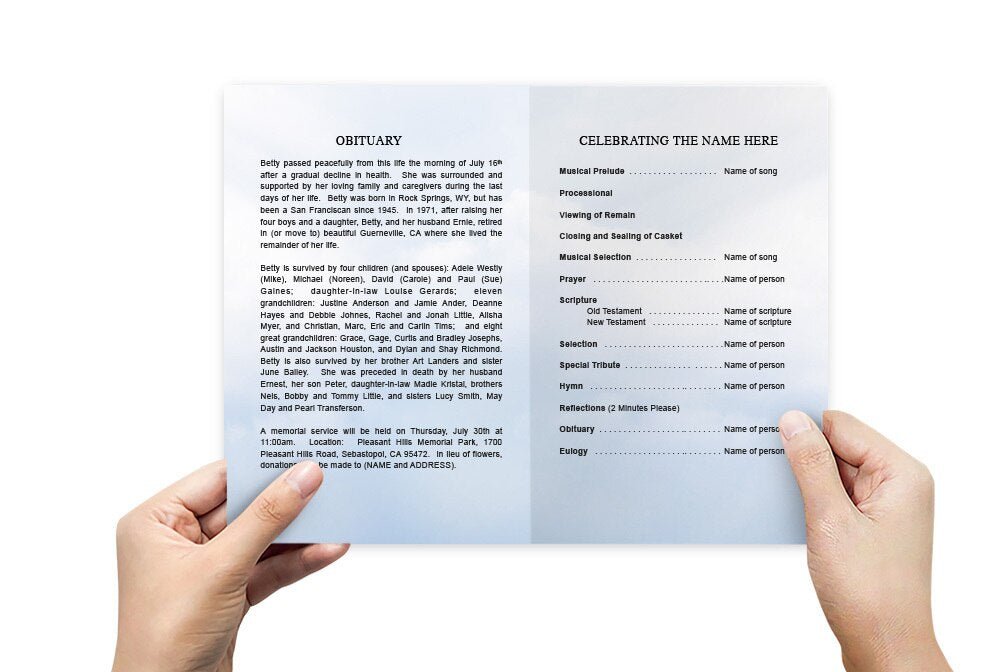Do I Attend a Funeral for an Estranged Family Member?

Deciding whether to attend the funeral of an estranged family member can be a challenging and deeply personal decision. When a relationship with a family member has been marked by distance, conflict, or a long period of separation, the death of that person often brings up complicated emotions. Attending a funeral in such situations is not a straightforward choice and involves considering multiple factors including personal feelings, family dynamics, and the purpose of the funeral itself. This article explores the considerations one might take into account when deciding whether to attend a funeral for an estranged family member.
Understanding Estrangement and Its Impact
Estrangement occurs when there is a breakdown in the relationship between family members, often leading to a prolonged period of separation, minimal contact, or complete severance of ties. The reasons for estrangement can vary widely, from unresolved conflicts, abuse, or differing life choices, to more complex emotional or psychological issues. Whatever the cause, estrangement is often a source of deep emotional pain, and the death of the estranged person can bring up a mix of grief, relief, regret, or even indifference.
Attending the funeral of an estranged family member can force you to confront unresolved feelings and potentially reopen old wounds. On the other hand, it can also offer an opportunity for closure and a chance to say goodbye, even if the relationship was troubled. Deciding whether to attend the funeral depends on your personal journey, the dynamics of the remaining family members, and what you hope to achieve by attending or not attending.
Factors to Consider When Deciding to Attend
When faced with the decision to attend a funeral for an estranged family member, it is helpful to weigh several key factors:
-
Your Emotional Readiness: Ask yourself if you are emotionally prepared to attend the funeral. Reflect on how being there might affect your emotional well-being. Will it help you find closure, or will it stir up more pain and conflict? If attending will bring more harm than healing, it may be best to prioritize your mental health.
-
Purpose of Attendance: Consider why you might want to attend the funeral. Are you looking to find closure or peace? Do you feel a sense of obligation, or are you hoping to reconnect with other family members? Clarifying your purpose can help you make a decision that aligns with your emotional needs.
-
Relationship with the Deceased: Reflect on the nature of your relationship with the deceased. Was there any reconciliation before their passing? Did you have positive memories before the estrangement, or was the relationship consistently negative? Understanding the nuances of your relationship may provide insight into whether attending feels right for you.
-
Family Dynamics: Think about the current state of your relationship with other family members who will be present. Will your presence cause tension or conflict? Are there others who might feel hurt if you attend, or conversely, if you don’t? Consider whether attending the funeral would impact your relationship with surviving family members, and whether you are willing to face any potential challenges.
-
Respect for Funeral Etiquette: Funerals are often about showing respect for the deceased and their loved ones. If you are considering attending, think about whether your presence will be seen as respectful or if it might cause discomfort to others. It’s essential to approach the situation with sensitivity to the feelings of those closest to the deceased.
-
Personal Beliefs and Values: Your personal beliefs, spiritual or otherwise, may play a role in your decision. Some people feel strongly that attending a funeral is a way to honor the deceased, regardless of past difficulties. Others may believe that their presence is unnecessary or even hypocritical if they were estranged. Reflect on your values and what feels authentic to you.
Alternatives to Attending the Funeral
If you decide not to attend the funeral, there are still ways to find closure and honor the memory of the estranged family member in a manner that feels more comfortable:
-
Hold a Private Remembrance: If attending the public funeral feels too difficult, consider holding a private remembrance. This could be as simple as lighting a candle, saying a prayer, or taking a moment of silence to reflect on the relationship and your emotions.
-
Write a Letter: Sometimes, writing a letter to the deceased can help in processing unresolved emotions. Even though they are no longer physically present, expressing your thoughts, regrets, or forgiveness in writing can provide a sense of release.
-
Connect with a Trusted Friend or Therapist: Talking to a trusted friend, counselor, or therapist about your feelings can help you navigate the complexity of the situation. They can offer a non-judgmental space for you to explore your emotions and make sense of your decision.
-
Create a Personal Tribute: Consider creating a personal tribute, such as planting a tree, making a donation to a cause that was important to the deceased, or creating an art piece. These actions can serve as a symbolic gesture of remembrance without the need for a formal funeral setting.
Attending the Funeral: Tips for Navigating the Experience
If you choose to attend the funeral, it is crucial to approach the event with sensitivity, self-awareness, and preparedness:
-
Set Boundaries: Prepare yourself for the possibility of difficult interactions with other family members. It is okay to set boundaries for conversations and emotional exchanges. Know when to step away if the situation becomes too overwhelming.
-
Stay Focused on the Purpose: Remember why you decided to attend. Whether it is for closure, respect, or to support others, keeping your purpose in mind can help you navigate any challenging emotions or encounters.
-
Offer Condolences Respectfully: If you feel comfortable, offer your condolences to those closest to the deceased. A simple, sincere expression of sympathy can go a long way in maintaining decorum and demonstrating empathy.
-
Prepare for Mixed Emotions: Understand that it is normal to feel a range of emotions—from sadness to relief to anger. Allow yourself to feel whatever comes up without judgment, knowing that these emotions are a natural part of the grieving process.
Attend a Funeral for an Estranged Family Member Conclusion
Deciding whether to attend the funeral of an estranged family member is a deeply personal choice that depends on a variety of emotional, relational, and practical considerations. There is no right or wrong answer, and each person must weigh their own feelings, family dynamics, and the potential impact of their decision. Whatever you choose, it is essential to prioritize your emotional well-being and find ways to honor both your feelings and the memory of the deceased in a manner that feels authentic and meaningful to you. Whether through attendance, private reflection, or alternative acts of remembrance, the most important aspect is to find a path that supports healing and peace.
© The Funeral Program Site





























